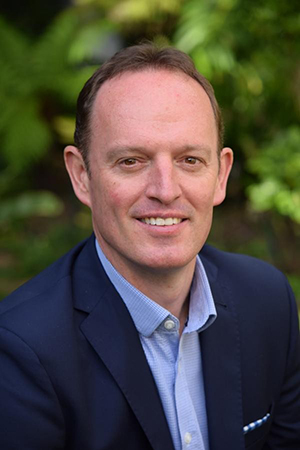Brian King

Biography
Dr. Brian King has been at Penn State since 2008 and has taught Human Use of the Environment (GEOG 430), Geographies of Environment and Sustainability (GEOG 30), Health Geographies (GEOG 497), and Geographies of Justice (GEOG 433). While affiliated with the University of Cape Town during the academic year 2015 - 2016, he taught an Honour's Module on Environmental Health (EGS 4040). His graduate courses concentrate upon political ecology and international development. Dr. King's research concentrates upon several topics, particularly the impacts of conservation and development in Southern Africa, social and environmental justice, and the intersections between livelihoods, health, and environment. Dr. King's research examines the production of livelihoods and environmental change in the developing world. This work evaluates the relationships between health and environment, focusing in particular on the effects of HIV/AIDS upon social and environmental systems. He is the PI on an NSF CAREER grant, Political Ecologies of Health: Coupling Livelihood and Environment Responses to HIV/AIDS. This CAREER program is conducting intensive research in South Africa working in close collaboration with research institutes and governmental agencies to examine how livelihood systems adjust in response to HIV/AIDS, how livelihood responses to HIV/AIDS rework access patterns and the rules governing resource use, and whether intra-household and intra-community variations shape livelihood responses to HIV/AIDS. This work asserts that attending to health-environment interactions is needed to understand how disease results in transformations to social and environmental systems, and how these systems, in turn, shape the trajectories of disease and the possibilities for sustainable disease management. The expansion of national parks and protected areas throughout the developing world raises political, economic and ethical challenges for balancing the often competing needs of biodiversity protection and economic development. Dr. King's work demonstrates that there is measurable community variation in the perceptions and benefits arising from community conservation initiatives and other conservation models. More recently he has been involved in a project in the Okavango Delta, Botswana that is assessing the social and ecological effects of environmental variability. The uncertainty in terms of the location and intensity of the flooding has significant implications for human populations dependent upon various resources for livelihood production. Additionally, competing resource pressures from state and non-state agencies, in conjunction with anticipated variability due to climate change, are reshaping social systems within the region.
